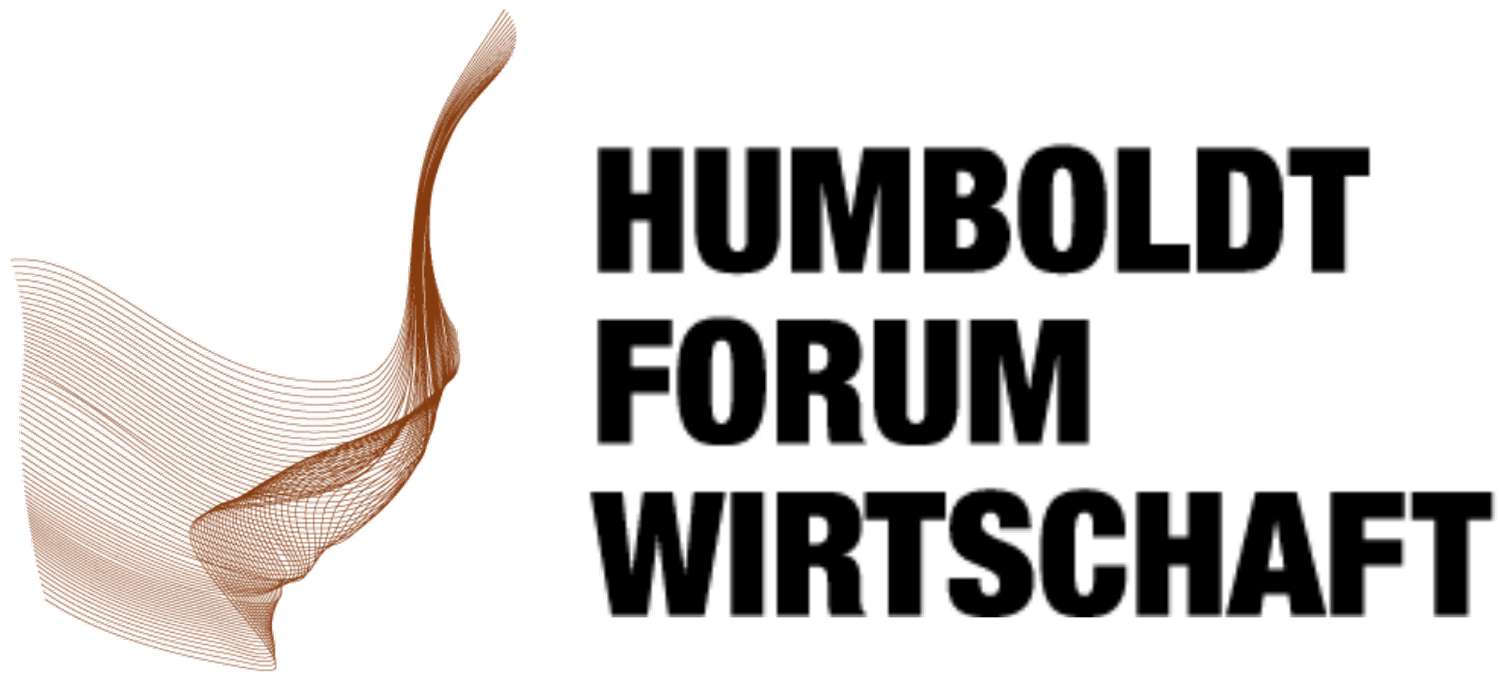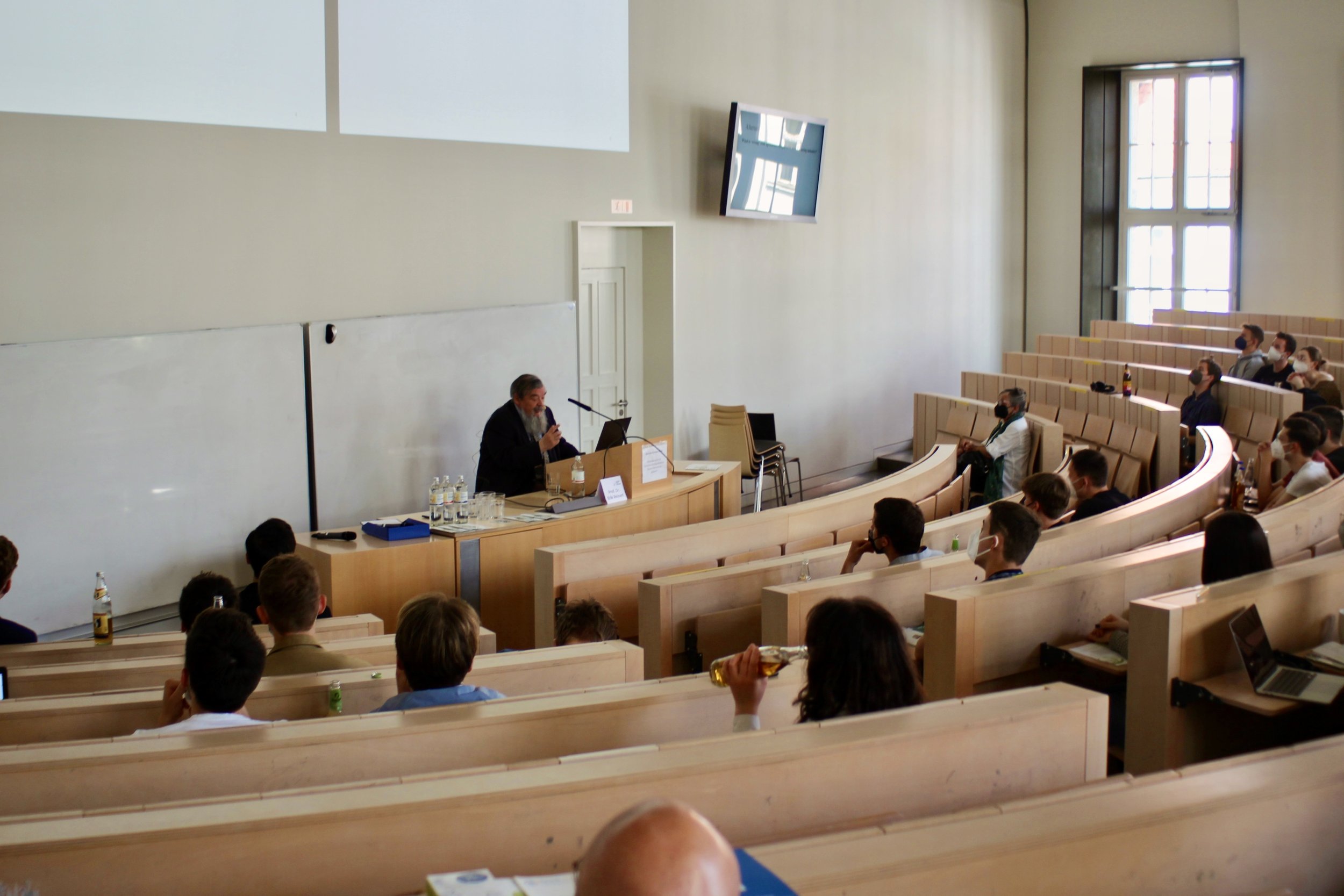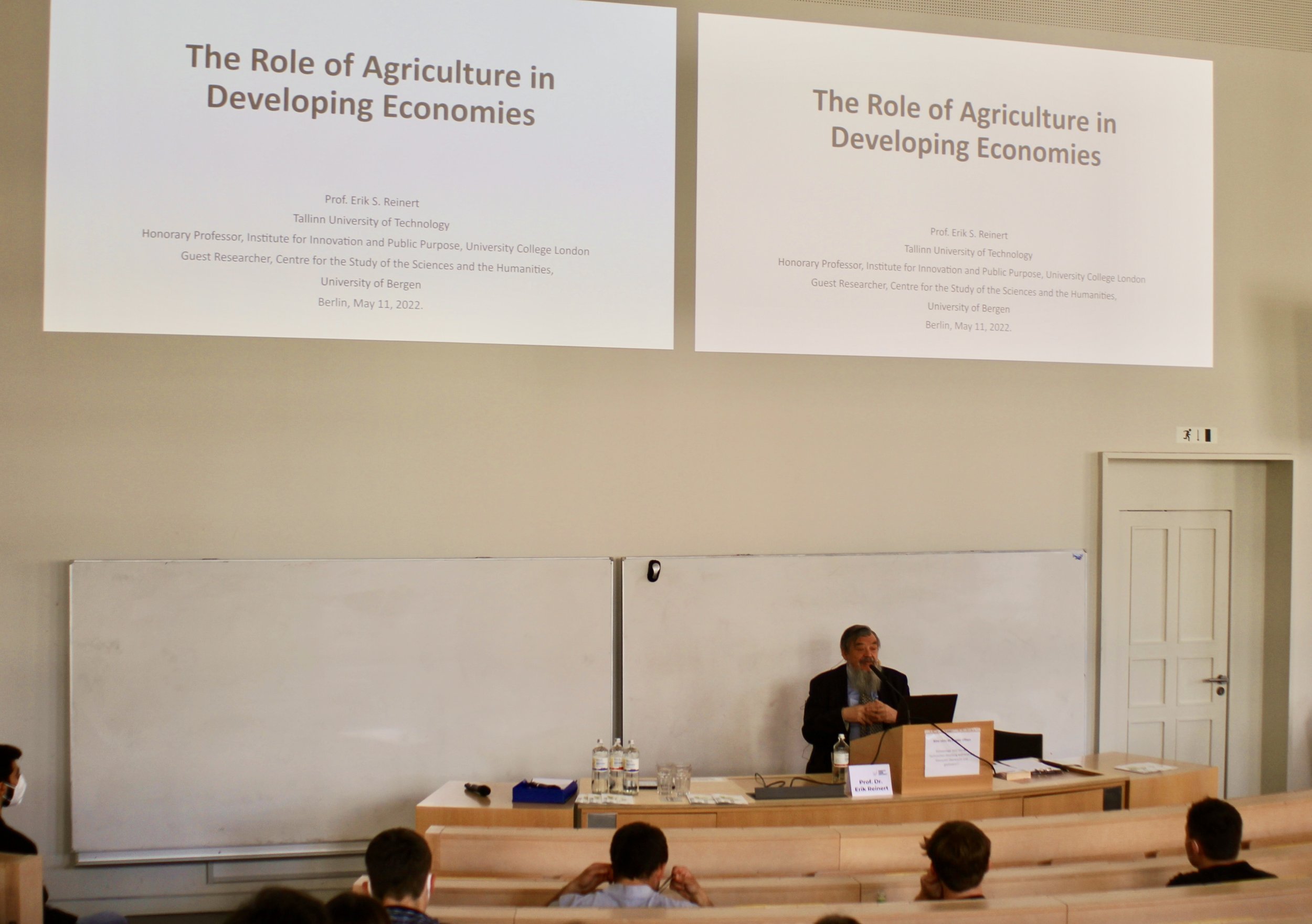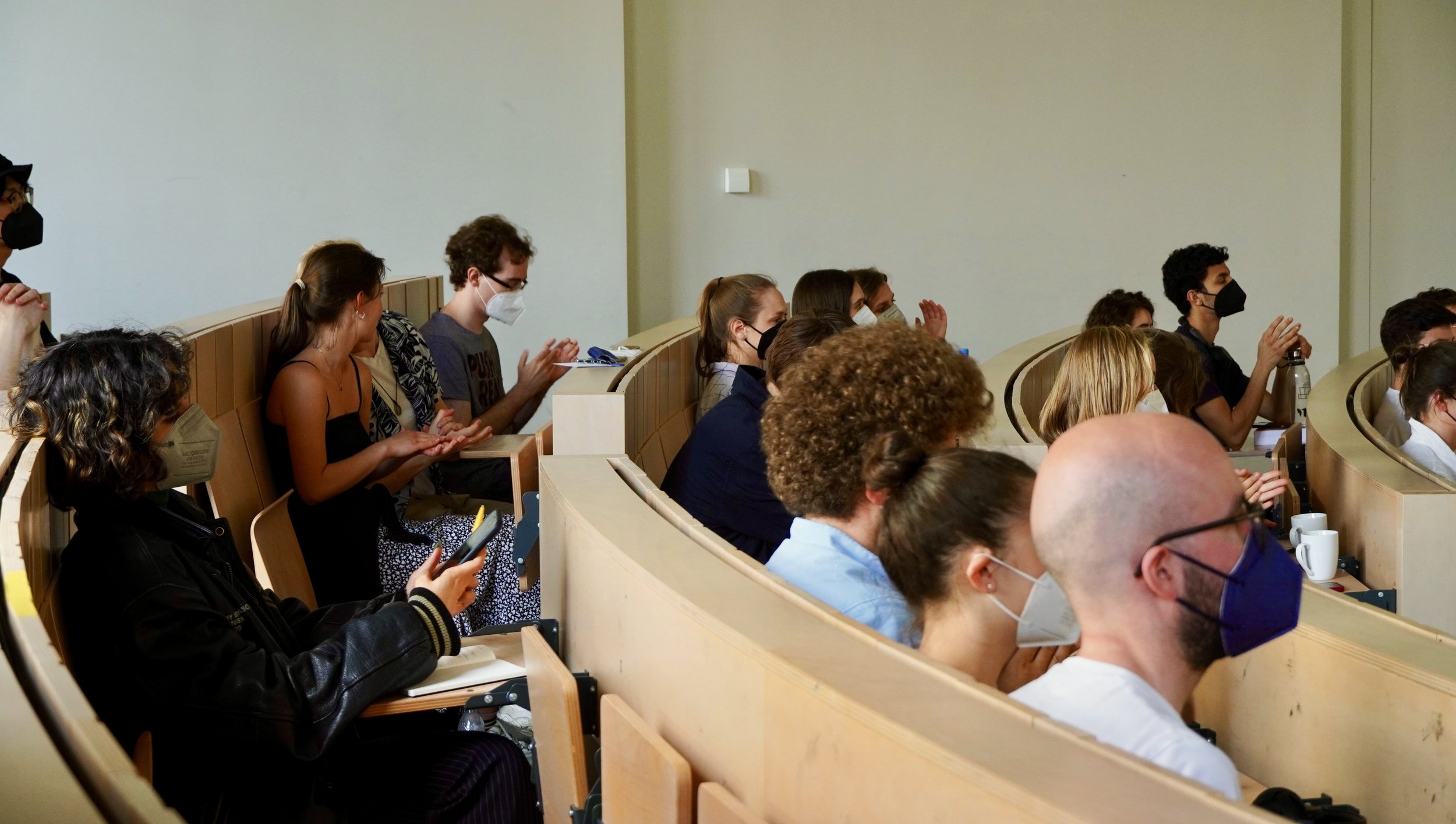Role of Agriculture for Developing Countries - How Effective is Fairtrade for Solving Poverty?
Guest: Prof. Dr. Erik S. Reinert
Erik Reinert is a Norwegian economist, Professor at the Tallinn University of Technology and Honorary Professor at the Institute for Innovation and Public Purpose at University College London, as well as a Guest Researcher at the Centre for Science and Humanity Studies at the University of Bergen.
His work focuses on the theory and history of uneven economic development. His book “How Rich Countries Got Rich...and Why Poor Countries Stay Poor?”, has been translated into over 25 languages and is among the 100 most important books in the field of economics in the 21st century.
Prof. Reinert started his keynote speech with an introduction to the history of economics and explained some general aspects, like mercantilism and comparative advantage through the works of David Ricardo and Giovanni Botero; concepts of increasing versus diminishing returns, as well as, perfect and imperfect competition, and important and forgotten books of economics.
Prof. Reinert highlighted the differences between agriculture and manufacturing, mainly that a country cannot sustain a significant number of citizens in case of absent manufacturing, since manufacturing with higher wages creates excessive demand for agricultural products. That means that poverty correlates with hunger, and therefore manufacturing is a precondition for national wealth.
Interestingly, Reinert pointed out the similarity between the forms of the USA and the USSR, the importance of industry and industrialization per se for the both countries. For instance, the Bolsheviks followed the policy of Serhei Witte, who was influenced by German economist Friedrich List, who emphasized infrastructure and industries.
In order to illustrate his previous points, he shared his view that Fairtrade is not effective at solving poverty. He expressed that Fairtrade practices raise wages for the agricultural workers, thus slightly improving their earnings. However, when comparing selling coffee beans and instant coffee, which has an added manufacturing value, the difference is immense. In the long-run, the developing countries end up with the majority of the population working in the agricultural sector, which means that they are specializing in being poor. He stated that the reason why agriculture remains subsidized and under tariffs in the EU and the US is that in the long run technological improvements reduce the price of agricultural products. The more land is being used the more gains get diminished.
By Pylyp Udovenko




